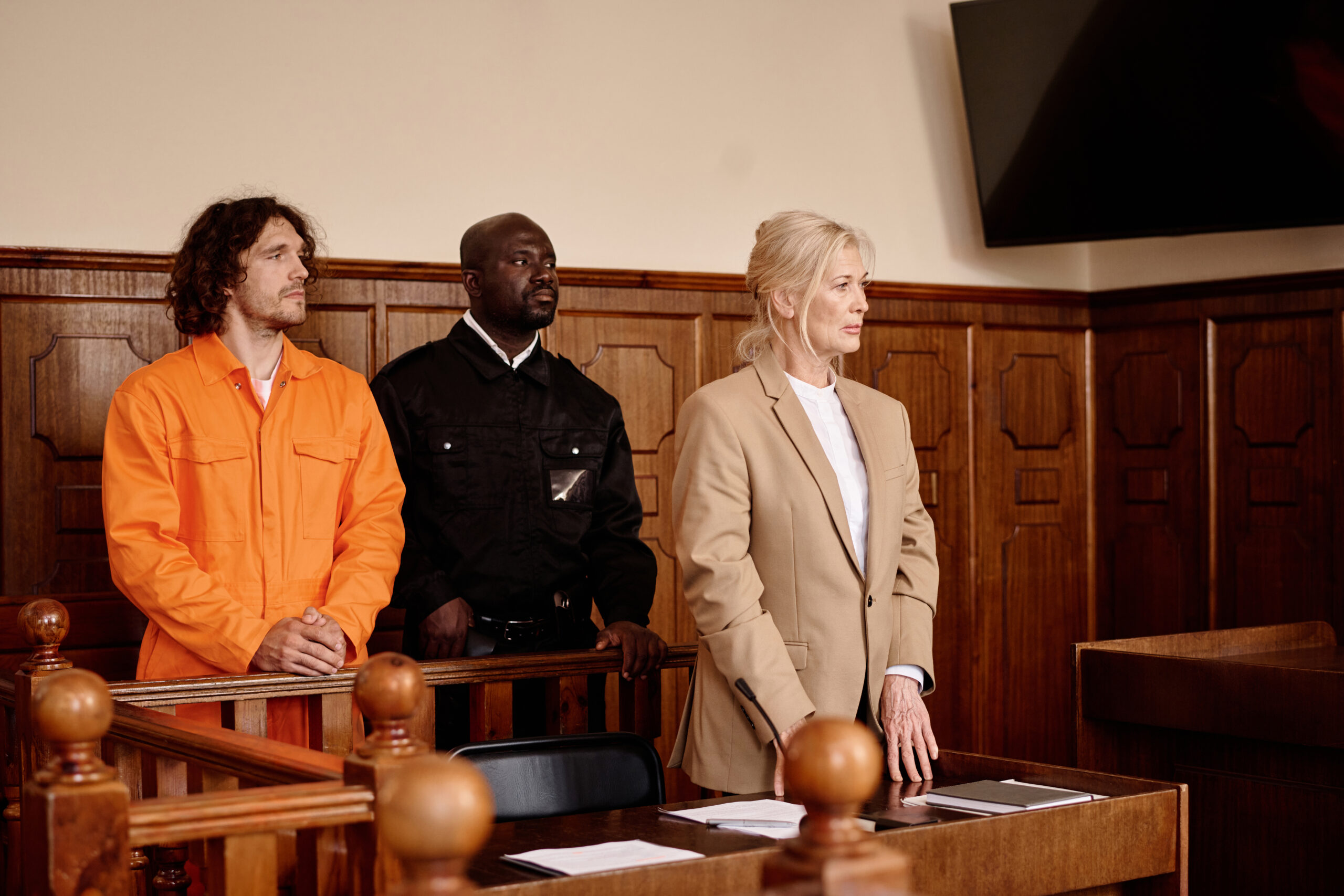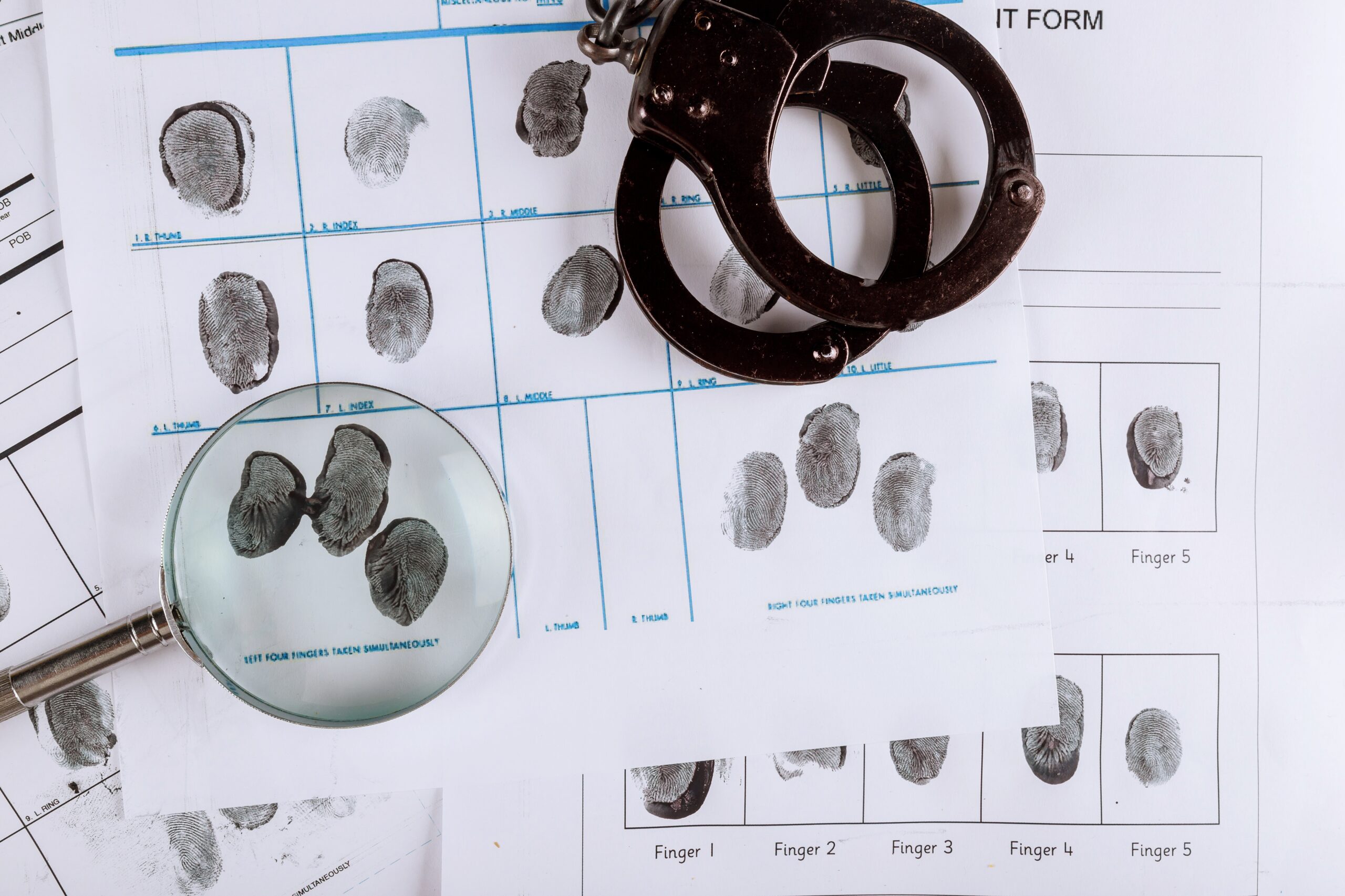How Prior Criminal Convictions Affect New Charges in California
In the state of California, the legal consequences of a crime don’t always start and stop with one incident. If someone has prior criminal convictions, those past mistakes can come back to haunt them, sometimes in significant and unexpected ways. Whether you’re facing new charges or supporting someone who is, understanding how prior convictions affect new criminal charges is essential.
In this post, we break down what California law says about prior convictions, how they can enhance sentencing or change the nature of your case, and what defenses may be available. Plus, we include a helpful call to action for anyone needing legal representation.
Why Prior Convictions Matter in California
Unlike some states, California has a robust and often unforgiving legal system when it comes to repeat offenses. Here’s why:
Sentencing Enhancements Are Built Into the Law
California Penal Code allows for enhancements, meaning your new sentence can be longer or more severe if you’ve been convicted in the past. For example:
- Three Strikes Law: If you’ve been convicted of two prior serious or violent felonies, a third felony conviction can result in 25 years to life.
- Repeat Offender Enhancements: These can increase prison terms by several years, even if the prior and new offenses are not the same type.
Charge Elevation: Misdemeanor to Felony
In certain cases, a misdemeanor may be elevated to a felony if the defendant has prior related convictions. For example, petty theft becomes a felony under California Penal Code §666 if the defendant has prior theft-related convictions.
Habitual Offender Designations
Judges and prosecutors may argue that a defendant is a “habitual offender,” which can lead to harsher plea deals and sentencing recommendations. Courts often see repeated offenses as a sign of unwillingness to rehabilitate.

Examples of Prior Convictions Influencing New Charges
To see how this plays out, consider a few real-world examples:
Example 1: DUI Charges
Someone with two prior DUIs within 10 years who gets a third DUI faces felony charges, increased fines, license suspension, and mandatory jail time.
Example 2: Domestic Violence
If you have a prior conviction for domestic battery, a second charge may be prosecuted as a felony, even if the first was a misdemeanor.
Example 3: Drug Offenses
With past convictions for drug sales, a new arrest, even for possession, may be viewed through a much harsher lens, potentially leading to a felony charge and longer sentencing.
Out-of-State and Federal Convictions Still Count
California doesn’t limit sentencing enhancements to in-state offenses. Out-of-state and federal convictions can also be used to enhance charges or sentencing if the crime is “substantially similar” to a California offense.
Time Limits and “Washout” Periods
Not all prior convictions are treated equally forever. Some may fall outside the look-back period (commonly 10 years), especially for DUI or theft cases. However:
- Serious or violent felonies generally do not “wash out”.
- Prosecutors may still present older convictions to establish patterns of behavior, even if not eligible for formal enhancement.
Constitutional Considerations
California courts must still respect constitutional rights:
- Double Jeopardy: A person can’t be tried twice for the same crime.
- Due Process: Prior convictions must be properly proven and relevant.
- Ex Post Facto: Laws can’t retroactively change how a prior conviction is viewed or punished.
If a prior conviction was obtained in violation of rights, say, no legal representation, it may not be valid for enhancing new charges.

What Can You Do If You Have Prior Convictions?
Facing new charges with prior convictions on your record can feel overwhelming. But you still have options:
Legal Defenses and Strategies
- Motion to Strike Prior Convictions: In some cases, a defense attorney can ask the judge to remove a prior strike to reduce sentencing.
- Challenge Validity: If the prior conviction was unconstitutional or unclear, it may be excluded.
- Diversion Programs: First-time non-violent offenders or those with minor records may qualify for alternatives to jail.
Get Legal Support Early
The earlier you involve a criminal defense attorney, the better your chance of managing the impact of prior convictions. A skilled lawyer can analyze your record, negotiate with prosecutors, and possibly reduce or eliminate enhancements.
How The Win Law Firm Can Help
At The Win Law Firm, we understand that people are more than their records. Whether you’re dealing with criminal charges, a personal injury claim, or both, we provide strategic, compassionate, and aggressive legal representation tailored to your needs.
Our experienced legal team knows how California’s complex sentencing rules work, and more importantly, how to fight back when prior convictions threaten your freedom or future.
Contact The Win Law Firm Today
If you or someone you love is facing new charges in California with prior convictions on record, don’t wait. Contact The Win Law Firm for expert legal guidance and representation. We’re also here for clients seeking help with personal injury claims, so you can focus on healing while we handle the legal fight.
Disclaimer: This blog post is for informational purposes only and does not constitute legal advice. Always consult a licensed attorney for guidance specific to your case.
